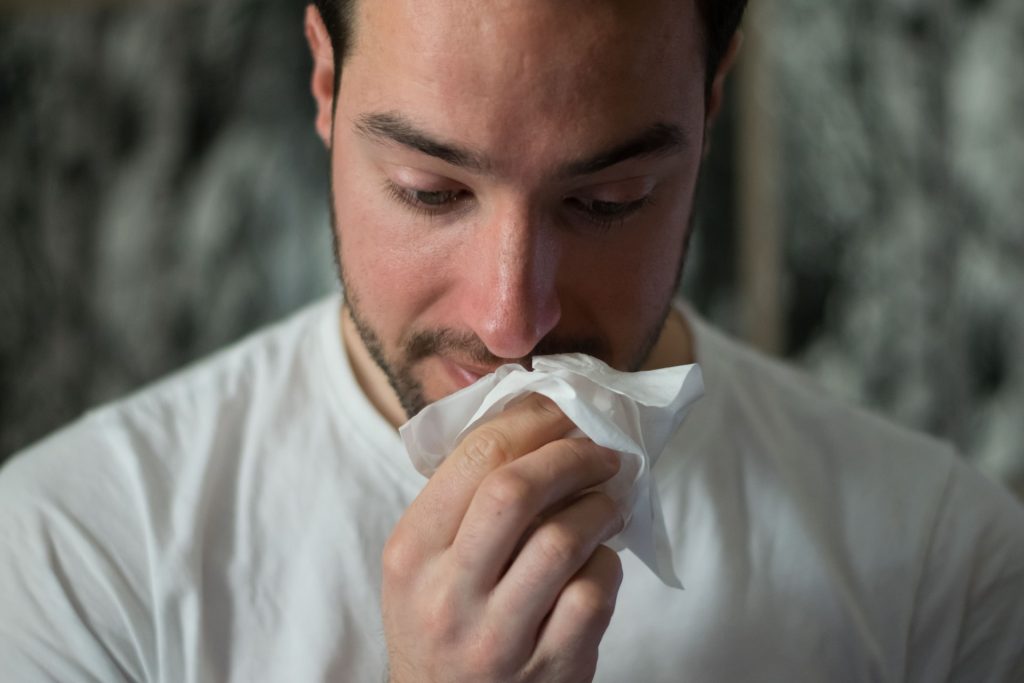Surgery to Treat Chronic Rhinosinusitis more Effective than Antibiotics

Chronic rhinosinusitis (CRS), or sinusitis, is a long-term condition affecting one in 10 UK adults. Symptoms include a blocked and runny nose, loss of smell, facial pain, tiredness and worsening of breathing problems, such as asthma. It’s often similar to the symptoms of a bad cold, but it can last for months or even years.
The team carried out a randomised controlled patient trial comparing sinus surgery with long-term use of antibiotics, and a placebo.
More than 500 patients took part from around the UK, and all of them used nasal steroids and saline rinses as part of their usual care – both of which have been shown to help the condition.
The researchers found that surgery was effective at relieving sinusitis symptoms, and trial participants who underwent surgery were still feeling better six months later, according to the findings published in The Lancet. Of those who underwent surgery, 87% said their quality of life had improved six months on.
A three-month course of low dose antibiotics was not found to be helpful as there was no significant difference in outcomes between those on antibiotics and those in the placebo arm of the trial.
The study is part of the MACRO programme, involving a collaborative group of researchers from UCL (the trial’s sponsor), the University of East Anglia (UEA), Guy’s and St Thomas’ NHS Foundation Trust, the University of Southampton, the University of Oxford, UCLH, and Imperial College London. The programme is funded by the National Institute for Health and Care Research.
Lead author Professor Carl Philpott, from UEA’s Norwich Medical School, one of the Chief Investigators of the MACRO trial, said: “What we found is that surgery was effective at reducing symptoms six months on, while taking the course of antibiotics seemed to make little difference. Until now, there was no evidence in the form of a trial that showed sinus surgery works better than medical treatment and access to sinus surgery has been restricted in some parts of the UK in recent years. This could be a real game-changer for sufferers worldwide.
“We hope our findings will help reduce the length of time for patients to get treatment. Streamlining clinical pathways will help reduce unnecessary visits and consultations, and save on healthcare resources.”
For the trial, all participants received nasal steroids and saline rinses as standard care, alongside their randomly allocated treatment option of either sinus surgery, antibiotics or placebo tablets. They were followed up after three and six months, where researchers examined their nose and sinuses, took airflow readings and conducted smell tests, to gauge the success of each treatment in terms of improvement of symptoms, quality of life and possible side effects.
Jim Boardman, MACRO patient representative, said: “I’ve lived under a cloud for years with CRS, as have many others I’ve met with the same condition. There’s a persistent headache and blocked nose along with the loss of sense of smell, which removes a whole dimension of everyday experience and enjoyment. A clear path to successful treatment will be welcomed by all CRS sufferers.”
The researchers are now continuing their research to assess the cost-effectiveness of sinus surgery, while also continuing to follow up trial participants over longer periods of time to see how long the benefits last.
Source: University College London



